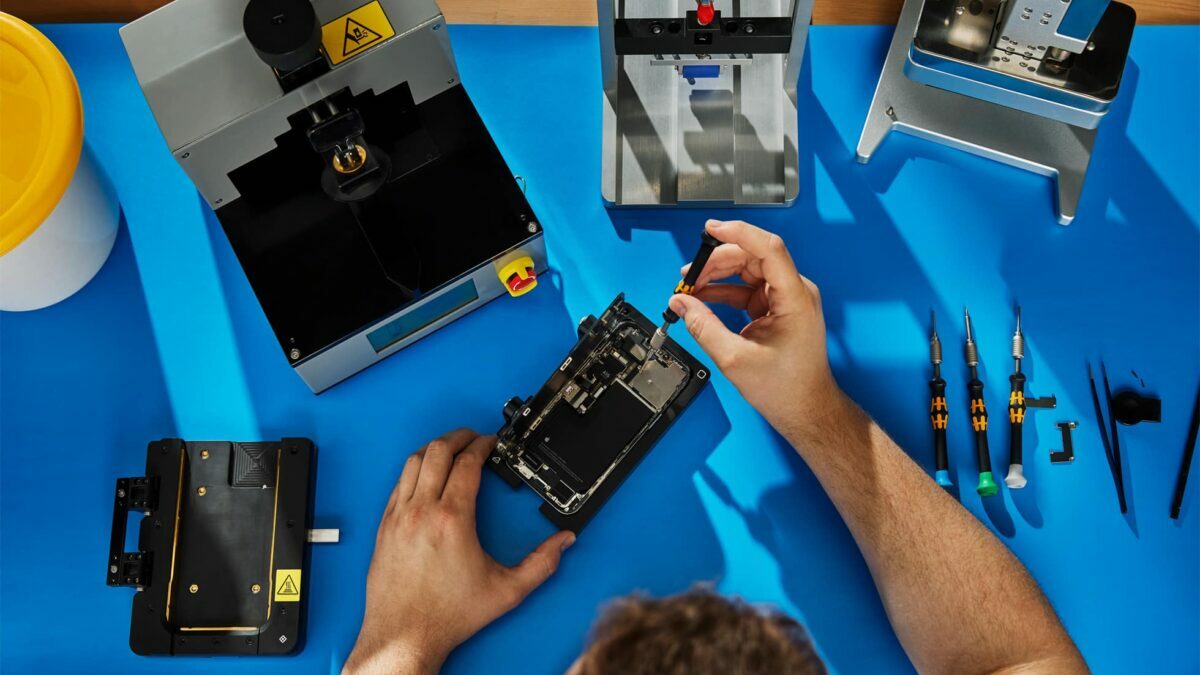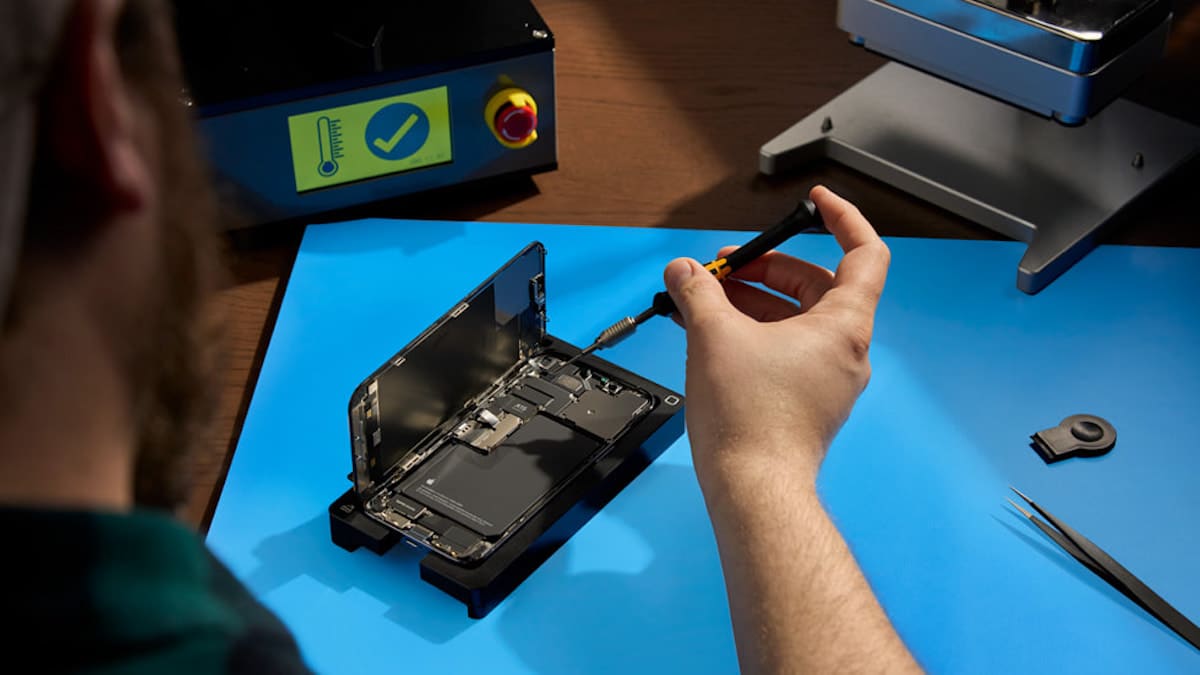The European Union (EU) is bringing about a significant change in the world of smartphones by introducing new battery replacement rules for smartphone manufacturers like Apple. The new mandate will require batteries in devices to be easily replaceable for consumers and will go into effect in 2027.
The European Parliament recently approved these rules, which cover the design, production, and recycling of all rechargeable batteries sold within the EU.

EU’s 2027 battery replacement deadline challenges manufacturers’ design, including Apple’s iPhone
Under the new regulations, electric vehicles including electric scooters, and rechargeable industrial batteries above 2kWh will need to have a mandatory carbon footprint declaration, label, and digital passport. Additionally, batteries used in portable devices such as smartphones, tablets, and cameras must be easily removed and replaced by consumers.
This requirement calls for a substantial redesign by manufacturers, as most phone and tablet makers currently seal the batteries which necessitates specialized tools and knowledge to access and replace them safely.
This move by the EU follows their previous intervention in Apple’s design choices, which compelled the company to transition from the Lightning port to a USB-C port on iPhones. Now, Apple, along with other smartphone manufacturers, will need to find a way to allow access to the batteries inside future iPhones.
The new rules also establish stringent targets for waste collection and material recovery from old batteries. The percentages for each will increase at set intervals until 2031, with a target of achieving 61% waste collection and 95% material recovery from old portable batteries. The regulations also mandate the use of minimum levels of recycled content in new batteries, although this requirement will come into effect eight years after the regulation’s implementation.

The European Parliament overwhelmingly endorsed these rules, with 587 votes in favor, only nine against, and 20 abstentions. The European Council will need to formally endorse the text before its publication in the EU Official Journal, after which it will go into effect. According to Android Authority, the law is expected to take effect in early 2027, although the EU may consider delaying it if manufacturers require more time to comply.
Furthermore, the European Parliament is also evaluating the phase-out of non-rechargeable portable batteries and will assess by the end of 2030 whether they should be completely phased out.
In related news, Apple recently announced the expansion of its Self Service Repair program, which allows individuals with experience repairing electronic devices to access official Apple manuals, genuine parts, and tools. The program, available since April 2022, has now been extended to include the iPhone 14 lineup and additional Mac models.
The program offers System Configuration, a post-repair software tool that ensures repairs using genuine Apple parts are completed correctly and functioning optimally. The goal is to expand access to repairs, promote product longevity and benefit users and the environment. Apple has significantly increased its network of service locations and repair providers, including Independent Repair Providers, to meet this objective.
As the EU drives the requirement for easily replaceable batteries, and Apple expands its repair initiatives, the focus on user accessibility, sustainability, and extending product lifecycles continues to gain momentum in the tech industry.